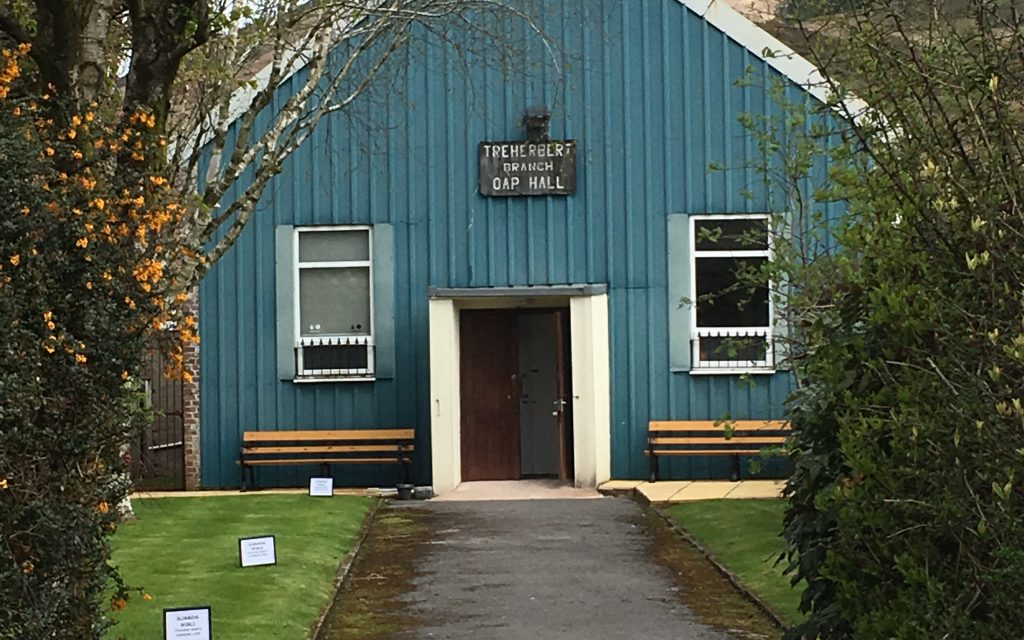 Subscribers Only
People
Subscribers Only
People 
Age Cymru last week submitted evidence to a House of Lords Committee which is currently considering the impact of demographic change on public services. We stated that it is time to question some of the assumptions made when talking about demographic change, and to enact some long awaited reforms.
Analysis of demographic change generally results in a dual recognition that:
a) living longer is a reflection of the progress of society (and good news for most of us as individuals), and
b) it poses challenges to service sustainability and public finances.
Predictably the second narrative often gets more attention, resulting in the use of phrases like the ‘dependency ratio’ or the ‘demographic time bomb’. Age Cymru believes that one-sided analyses are not entirely helpful and that overemphasising the challenges can cloud the debate.
Projections about the costs of ageing to the public purse often do not take full account of the many and varied contributions that older people make, both through the tax system and unpaid contributions to society. Or of the mix of reform and behavioural change which can, and is, being made in areas like health, care and the state pension.
Financial forecasts are often based on the view that the number of years in ill health will increase alongside life expectancy. However this is not certain and recent studies have shown the impact that small changes in individual behaviour can make. In fact, the latest figures released by the Office for National Statistics indicate that in England and Wales the proportion of life spent in good health is increasing. 2005-07 to 2008-10 was broadly characterised by compression of morbidity, with people spending longer periods of their lives in good health and without a persistent illness or disability.
Is an increase in spending on health care therefore an inevitable result of increasing life expectancy? It is actually proximity to death, rather than age itself, which is the main determinant of the health care needs of an individual. Projections need to recognise the difference between chronological and biological age, as using the former alone does not necessarily reveal a great deal about the needs and cost of a growing older population across a number of public services areas.
This is not to say that society and individuals do not need to make suitable preparations.
This generally requires the state to provide a minimum safety net in a number of policy areas and the right incentives, support and financial tools. A simple and universal state pension, accessible and reliable workplace pensions and the type of cap proposed by the Dilnot Commission on social care costs, would all help provide individuals with a degree of certainty and the information and reassurance to make their own additional preparations for retirement and later life.
The Welsh picture
In Wales, there has appeared to be a greater willingness to take a strategic national approach to ageing issues.
The Welsh Government has had a Strategy for Older People since 2003 and there is a Ministerial commitment to a third phase to cover 2013-23. The Strategy has emphasised engagement, participation and empowerment of older people, and has sought to challenge discrimination and negative stereotypes of ageing. Over the past decade it has established a number of structures including:
- the appointment of a Minister with specific responsibility for older people
- the first Older People’s Commissioner in the UK
- older persons strategy coordinators (officer level) and champions (elected member level) within local authorities
- the development of 50+ fora across Wales.
These have given the right message: that Wales is committed to ensuring older people’s voices are heard and that ageing should be a central consideration for public policy-making. Unfortunately, despite the Strategy, this is still not the case in all areas and several recent programmes of work, including the Tackling Poverty Action Plan, appear to have given little regard to the needs of older people.
This is something that we should all want to see change. It is hard to believe that most of us – even those who currently view population ageing as a burden – don’t want to be able to look forward to a long, healthy and fulfilled later life ourselves. After all, it is surely better than the alternative…
Graeme Francis is Head of Policy and Public Affairs at Age Cymru


